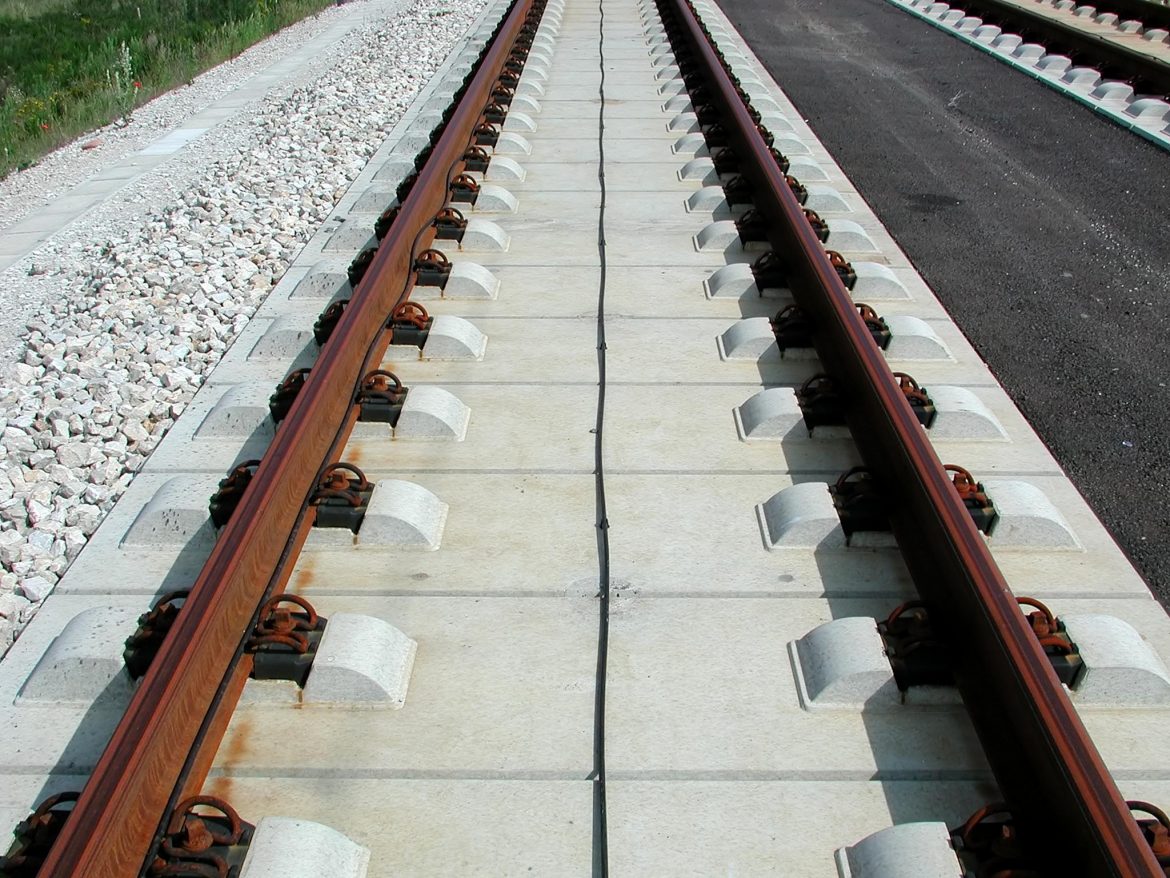A new research from the German thinktanks Wuppertal Institute and T3 Transportation has found that European governments have “systematically” shrunk their railways and starved them of funding while pouring money into expanding their road network.
According to the research, length of motorways in Europe grew 60% between 1995 and 2020 while railways shrank 6.5% and for every €1 governments spent building railways €1.6 was spent on building roads.
“This is a political choice,” Lorelei Limousin, a climate campaigner with Greenpeace, which commissioned the report was quoted as saying. “We see the consequences today with the climate, but also with people who have been left without an alternative solution to cars.”
Also, the report found that the EU, Norway, Switzerland and the UK spent €1.5tn (£1.29tn) between 1995 and 2018 to extend their roads – but just €0.93tn (£0.8tn) to extend their rail networks.
The research found that In the four years that followed (2018-21), the average gap in investment in rail and road decreased from 66% to 34%. During that time, seven countries invested more in rail than roads – Austria, Belgium, Denmark, France, Italy, Luxembourg and the UK – while the rest spent more on roads than rail.
Read also: WHO says climate action must respond to extreme weather driving health crisis
Dr Giulio Mattioli, who is a transport researcher at the Technical University of Dortmund, who was not involved in the study, said: “Most European countries have been actually encouraging car use by investing large amounts of public money into expanding motorway infrastructure.”
In the public and political debate, Mattioli added, small investments into bike lanes and railways were heavily scrutinised while investments in roads were taken for granted. “This absolutely needs to change if we are to meet climate mitigation targets in the transport sector.”
The report found motorways grew most in Ireland, Romania and Poland, and least in Lithuania, Latvia and Belgium. In 15 of the 30 countries studied, the lengths of motorways more than doubled over the 25-year period. It also found that European governments had shut down more than 2,500 train stations since the mid-90s. They also closed about 8,523 miles (13,717 km) of regional passenger railway lines. As a rough estimation, the researchers said, 4536 miles of these lines could be reopened “relatively easily”.
The EU plans to cut its greenhouse gas emissions by 55% by the end of the decade from 1990 levels but has failed to make any headway in its transport sector.
Road transport was responsible for three-quarters of the sector’s emissions in 2020. Only in 2029 will domestic transport emissions drop below 1990 levels, the European Environment Agency found last year. Emissions will continue to rise from planes and ships that travel between the EU and other parts of the world.
Story was adapted from the Guardian.
